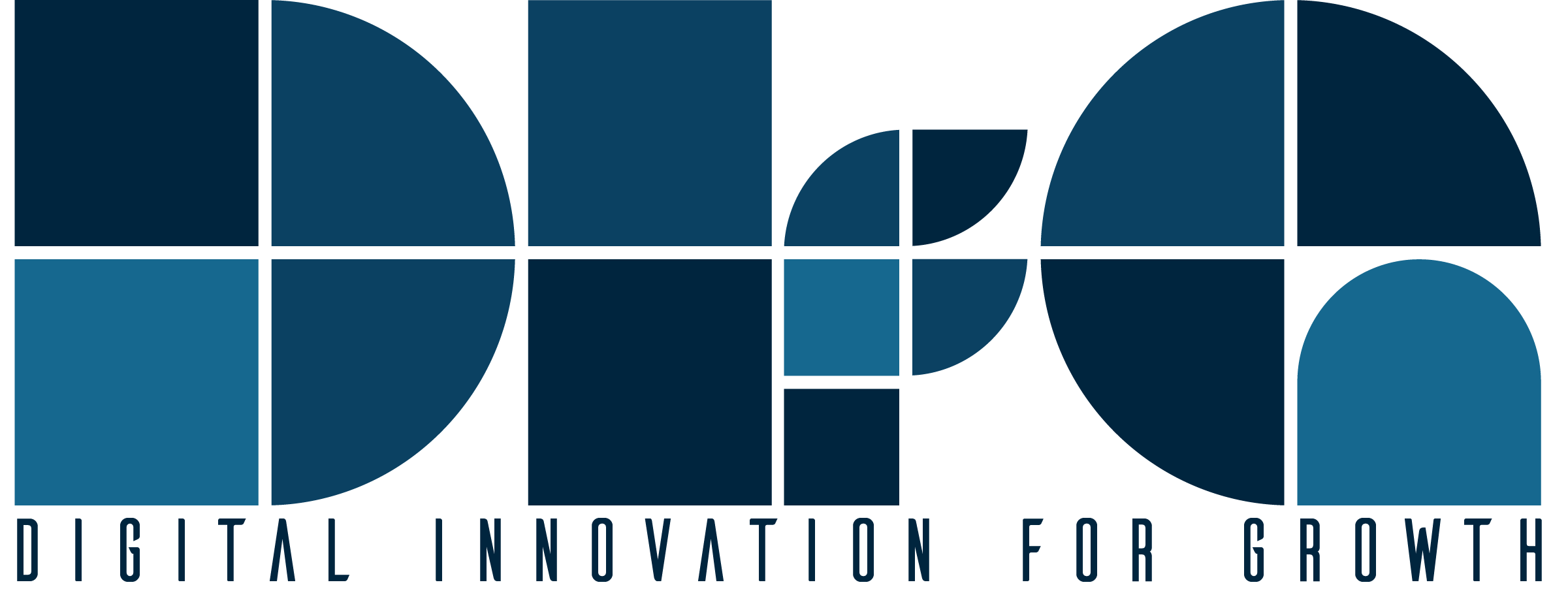Access to Bespoke Expertise
The Digital Innovation for Growth programme enables you to access bespoke expertise from academics at Sheffield Hallam University. The support given usually takes the format of at least 12 hours of expertise, but can last longer if your project warrants it. This expertise can help you with any project that has an element of “digital innovation”, you don’t have to be a digital business to access the programme. The DIfG programme covers 3 mains areas of expertise covered below:
Computing
Located at Cantor Building on City Campus, the Department of Computing is organised in terms of research groups and subject groups in areas such as Networking and Security, Software Engineering, Smart Interactive Technologies, Data Intelligence, People & Technology. The department has strong links with industry, commerce and the public sector; our courses have been developed alongside professional organisations and in consultation with practicing computing and IT professionals.
The Department values interdisciplinary research, with staff in computing collaborating in areas such as healthcare, games design, cultural heritage, IT and International Development, the Centre of Excellence in Terrorism, Resilience, Intelligence and Organized Crime Research (CENTRIC) and the Advanced Wellbeing Research Centre (AWRC).
The department offers support for business in areas such as:
- Software engineering – future proofing the design, development, and integrity of software
- Systems integration – increasing performance, efficiency and quality whilst reducing cost
- Cloud computing – designing or reviewing the migration to cloud, feasibility analysis, and recommendation on cloud rationalisation
- Networks and cyber security – ensuring safe, secure, and reliable communication and information exchange
- Data acquisition, monitoring, and analysis – understanding and cleaning the data with exploratory data analysis and data preprocessing pipeline
- Data analytics & visualisation – discovering knowledge from more large and diverse data sets, and visualising for better understanding
- Interaction design – ensuring that systems are well designed for their users’ needs and experiences
- Smart technologies – designing digital systems which monitor, learn, and adapt to their environment via sensors, such as IoT systems
- Artificial intelligence – machine learning, predictive analytics, natural language processing, etc.
- Computer vision – image processing


Engineering and maths
The Department of Engineering & Maths is one of the UK’s leading providers of industrially focused engineering, maths and physics education, and applied research/consultancy. Our research expertise is dedicated to addressing industrial problems through the application of fundamental science and engineering. We at located at the city Campus in the Hertha Ayrton STEM Centre providing staff and students with cutting edge robotics, automotive and electrical/electronic laboratories. Expertise accessible includes:
- Data acquisition, monitoring and analysis – sensor technologies inside your system to optimise processes and maintenance
- Embedded systems – designing dedicated systems inter-operating with and controlling devices and sensors
- Smart technologies – digital systems which monitor, learn and adapt to their environment
- Automation, robotic and Industry 4.0 – utilise the latest interconnected automation technology in manufacturing processes
- System level electronic design and prototyping – a blend of off the shelf system components and custom designed circuitry
- Systems integration – increase performance, efficiency and quality whilst reducing cost
Sport & physical activity research centre (SPARC)
SPARC sits within the Department of Sport & Physical Activity and comprises research groups that carry out internationally renowned research and consultancy in sport engineering, sport business & economics, sport & human performance, and physical activity & health. Extensive laboratory, testing, and making facilities are based at the Advanced Wellbeing Research Centre and on Collegiate Campus.
- Data acquisition, monitoring and analysis – sensor technologies to measure equipment and human movement
- Data analytics – understanding and discovering more from large and diverse data sets
- Deep learning – applying neural networks in computer vision applications for tracking and measuring human movement and form
- Online surveys – design, management and reporting with interactive evaluation techniques utilising new technologies such as chat bots
- Interaction design – ensuring that equipment and environments are well designed for the users’ needs and experiences
- System level electronic design and prototyping – a blend of off the shelf system components and custom designed circuit
- System build and integration – bespoke performance monitoring systems and data management




